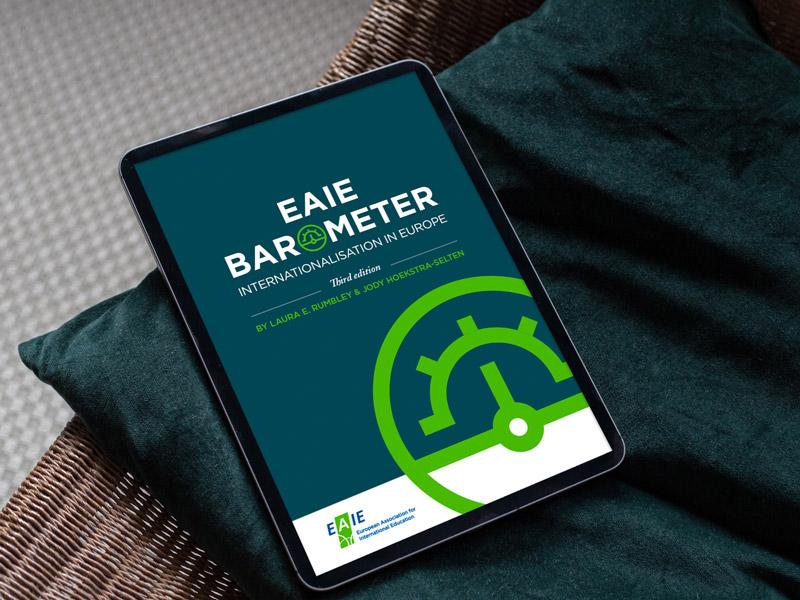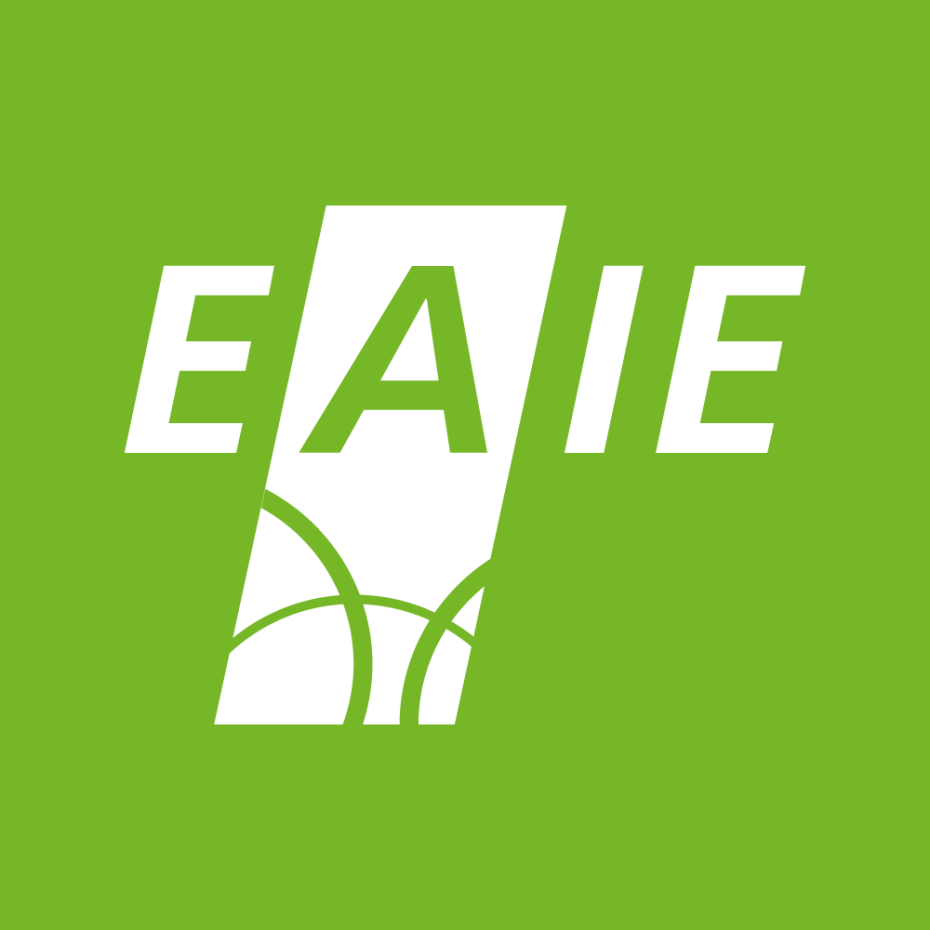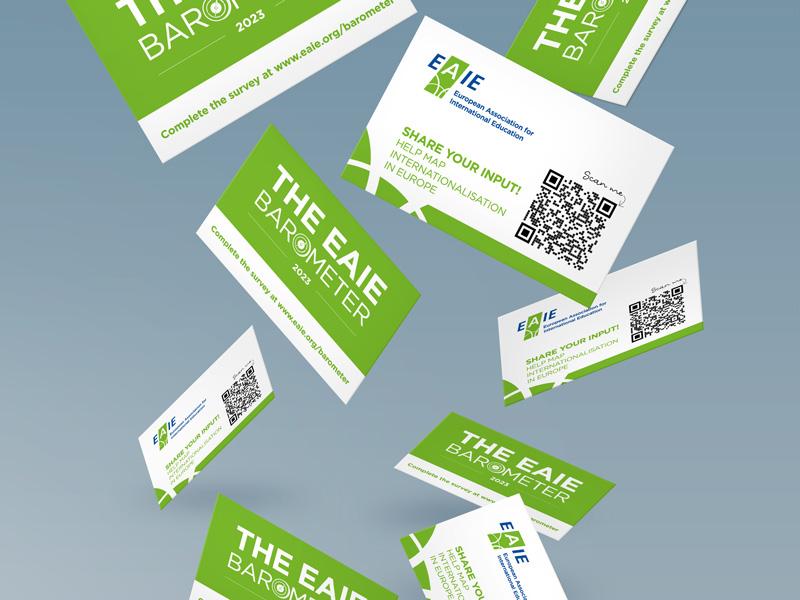
Third edition of EAIE Barometer unveils insights into internationalisation efforts

Internationalisation is a strong feature of higher education today. The European Association for International Education (EAIE) has been at the forefront of this cause for decades, helping higher education professionals to promote internationalisation within their institutions. The EAIE Barometer survey provides the pivotal insights they need to achieve this goal.
“Since its inception in 2015, the Barometer has provided a really useful baseline of information and shared understanding about fundamental aspects of internationalisation in Europe,” says Laura Rumbley, director of knowledge development and research at EAIE. “The newest Barometer survey absolutely continues that tradition.”
Similar to its previous editions, which were released in 2015 and 2018, the third edition of the EAIE Barometer provides insights into the realities of internationalisation in European higher education. Drawing from 2,817 individual responses spanning 46 countries in the European Higher Education Area (EHEA), the 2024 report presents a comprehensive view of the sector in the face of evolving challenges and opportunities.
The survey addresses a wide range of topics and considerations, which can be categorised into three areas: gathering insights regarding job satisfaction and career aspirations from higher education professionals across the EHEA; identifying the specific issues that are of personal and professional interest to them; and gauging how they perceive their institutions and what they think their institutions should prioritise to achieve internationalisation objectives.
The majority of those surveyed demonstrate a commitment to their respective fields and a strong enthusiasm for advancing their professional skills despite the changing nature of jobs. “One of the main findings is that there is a lot of satisfaction with work. Ninety-one per cent of respondents report being either very satisfied or satisfied in their current positions,” says Rumbley. Additionally, 56 per cent of respondents agree that their institutions have a clearly defined set of goals for internationalisation and, of these, 79 per cent agree that these goals are achievable.
The 2024 Barometer survey also reveals deeper insights into how individuals perceive their institution’s performance on current issues such as environmental sustainability and climate action, digitalisation of administrative and learning activities, and data security and crisis management. “Across all regions of the EHEA, strong percentages of respondents indicate that there is a need for their institutions to dedicate more or continued levels of attention to a multitude of activities over the next three to five years,” says Rumbley.
The influence of national and European-level dynamics on institutional agendas and activities for internationalisation is experiencing a downturn across the EHEA broadly, says Rumbley, although there are real differences from country to country on this point. Another longitudinal insight concerns a shift in organisational approaches to internationalisation. “When it comes to changes over time, in comparison to the two previous Barometer surveys, we’re seeing what appears to be a continuing trend away from single, centralised offices with responsibility for internationalisation,” she says.
The survey emphasises the significance of having well-defined strategies, effective leadership and providing adequate support for stakeholders to achieve the desired outcomes. “For international higher education professionals to play their rightful role in the internationalisation ecosystem in Europe, they require support to do their best work,” says Rumbley. “That goes for salary and compensation and work-life balance, too.”
The 2024 EAIE Barometer not only showcases the progress made in recent years in internationalisation but also identifies areas for improvement. These insights are crucial for stakeholders to take more effective action going forward. “We’re also generating questions,” says Rumbley. “It’s really that process of opening the door to questions that will have the greatest impact, prompting clearer conversations about how the work of internationalisation is being carried out.”
Find out more about the Barometer survey by the European Association for International Education.

